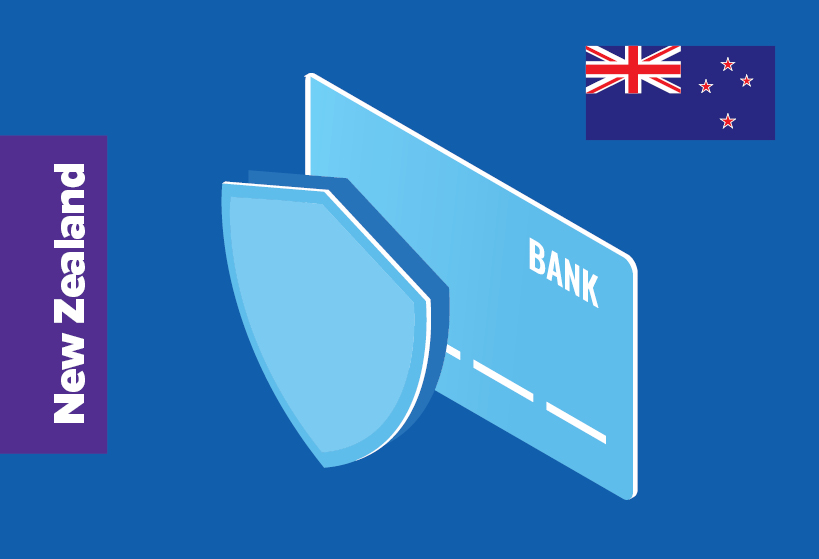
New Change Helps Prevent Battle Fraud
Associate Justice Minister Nicole McKee has confirmed the exemption will allow 13 banks across the country to share a wider range of information. This move will enable faster detection of fraudulent activity and reduce the likelihood of customer funds disappearing overseas.
For Kiwi businesses and professionals, the change marks a significant shift in how financial institutions can work together. Until now, strict anti–money laundering settings have made it difficult for banks to exchange information about suspicious accounts and activity, even when they knew a scam was underway. This lack of visibility has allowed criminal networks to exploit gaps between institutions, often using multiple banks to move funds quickly and escape detection.
The new exemption specifically permits banks to share suspicious activity report information and prescribed transaction reporting linked to actual or potential fraud. This information can be shared only between the participating banks and relevant service providers, and solely for the purpose of supporting law enforcement. The institutions covered include major local players such as ANZ, ASB, BNZ, Kiwibank and Westpac NZ, alongside TSB, The Co-operative Bank, Rabobank NZ, Heartland Bank, SBS, and the New Zealand branches of three major Chinese banks.
The change supports the rollout of the New Zealand Banking Association’s new fraud intelligence exchange, an initiative designed to allow banks to identify and flag suspicious accounts and payments far more quickly. Early results indicate that the system has already prevented significant financial losses. For Kiwi enterprises, the improvements in early detection and prevention could help reduce operational risk and protect cash flow.
The exemption is backed by the Ministry of Justice, Police, and the Department of Internal Affairs. This reflects a broad recognition that New Zealand needs modern, flexible tools to keep pace with evolving criminal tactics. Banks have long argued that the inability to share critical fraud-related information has hampered their efforts. With scams growing in scale and sophistication, the ability to act jointly is becoming essential.
For business owners and professionals who rely on secure, uninterrupted financial operations, the strengthened collaboration across the banking sector offers reassurance. Faster identification of fraudulent behaviour, improved recovery prospects, and a more resilient financial system all contribute to a safer environment for conducting business.
Running until November 2030, the exemption provides a lengthy timeframe for banks to refine their shared approach, strengthen defences, and support New Zealand’s broader efforts to tackle financial crime.



